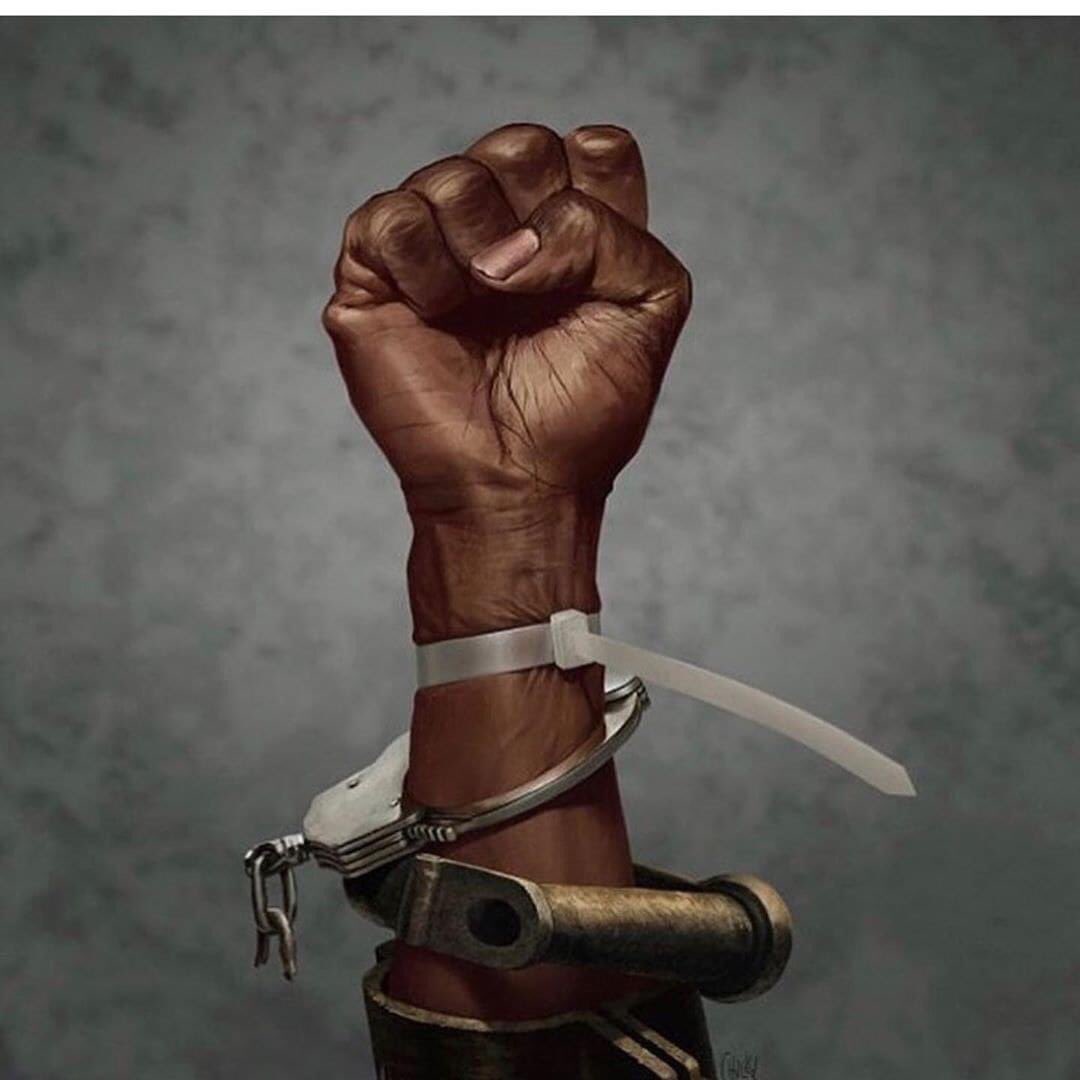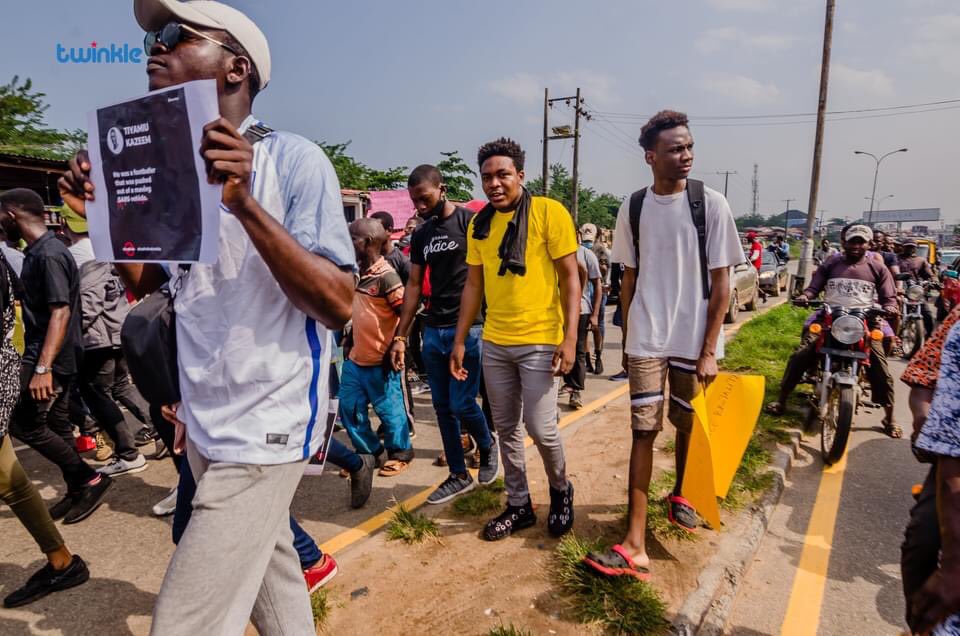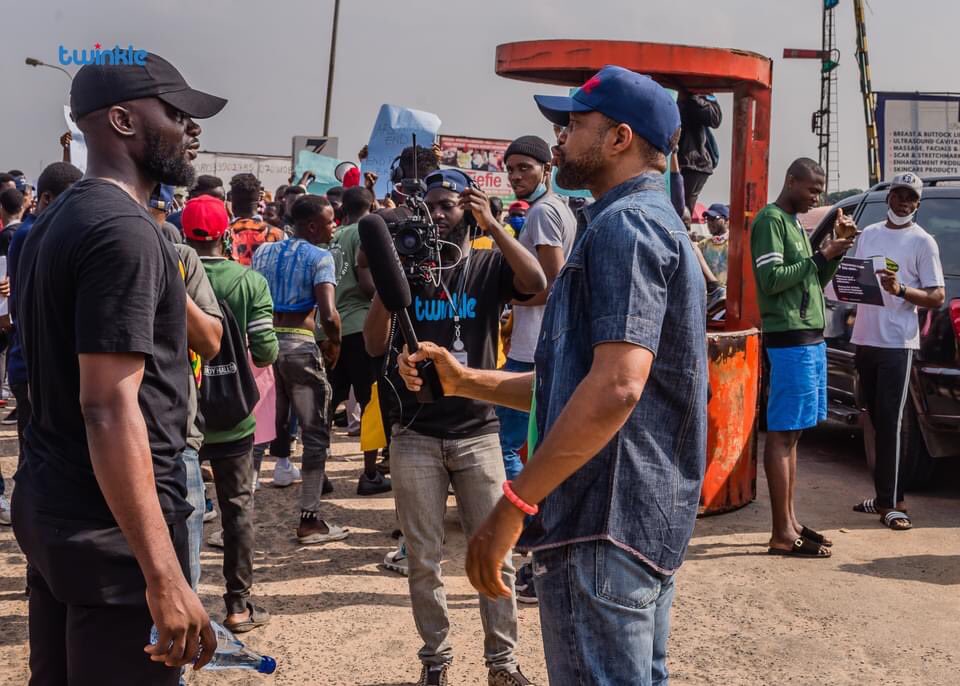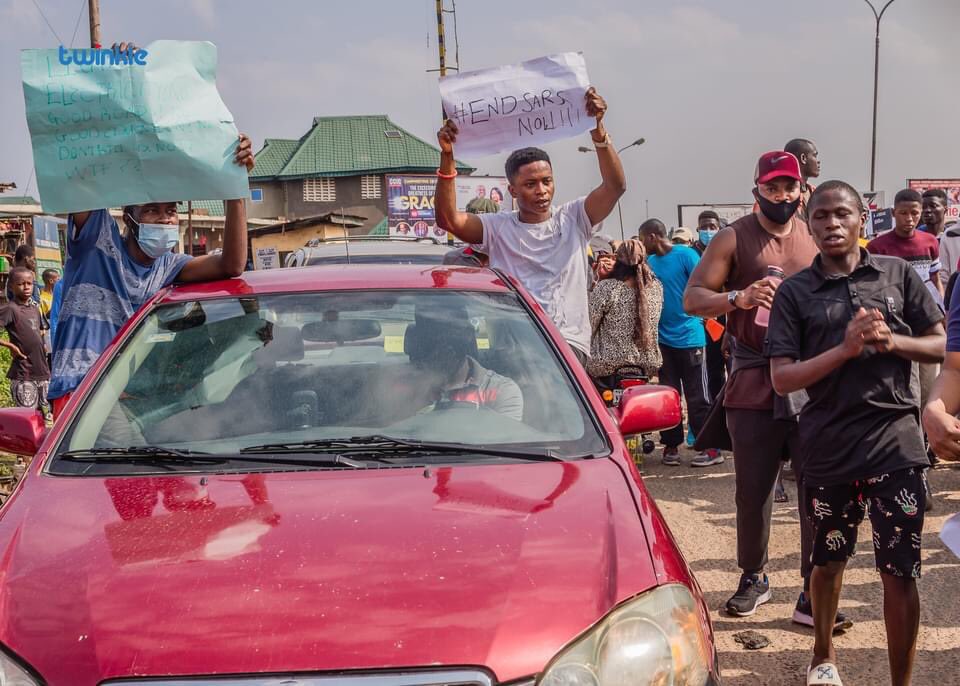WHEN EL ZAKZAKY FLED TO IRAN
Listen to the interview:
There was blood bath in Zaria starting from 12 -15 Dec 2015. It began as a clash between members of the Islamic Movement of Nigeria (IMN) and the convoy of the Chief of Army Staff, Gen Tukur Buratai.
Listen to the interview:
There was blood bath in Zaria starting from 12 -15 Dec 2015. It began as a clash between members of the Islamic Movement of Nigeria (IMN) and the convoy of the Chief of Army Staff, Gen Tukur Buratai.

The Shiite in a procession blocked the convoy of Nigeria’s army chief. The military claims the road block was mounted to cause the assassination of the army chief. He left the scene after soldiers dislodged the disciples of Ibrahim El Zakzaky, the leader of IMN.
The army returned on the same day to teach the Shiites a bitter lesson, killing them. The army went to Gyallesu where the leader of the sect lived, killing more members of the group. The IMN claims that hundreds of its members were killed between 12-15 Dec 2015.
The killing is a re-enactment of a long drawn crisis with a Muslim group that has denounced the secular nature of the Nigerian state. Zakzaky since the formation of the movement in the 1980s finds himself in the black book of the state due to his utterances and the audacity with
which his followers carry out their religious duties, shown mostly during processions. The processions obstruct traffic and threaten public peace. El Zakzaky and his wife remain in detention over the 2015 mayhem.
El Zakzaky was a student of Ahmadu Bello University (ABU), Zaria. In 1979, he became the national Vice President of the Muslim Students Society of Nigeria. His journey to Iran in 1980, after causing a religious crisis on campus influenced his belief in Shiite Islam.
Who was El Zakzaky at Ahmadu Bello University?
In this April 2018 interview his classmate at the Department of Economics, Samson Olalere explains the El Zakzaky he knows.
#BushRadio
#StateAffairs
In this April 2018 interview his classmate at the Department of Economics, Samson Olalere explains the El Zakzaky he knows.
#BushRadio
#StateAffairs
• • •
Missing some Tweet in this thread? You can try to
force a refresh




















